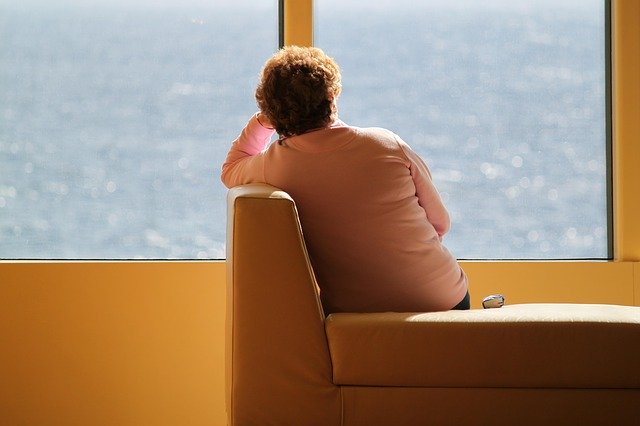Academic Probation And Disqualification In Law School
Academic Probation And Disqualification In Law School
There is no denying that getting good grades in law school is important. After all, good grades often lead to interview opportunities, help you secure that summer associate or related position, and keep you on track to graduate. Without good grades in law school, students can find themselves in trouble. On top of not being able to compete for job opportunities, the students might also face additional scrutiny. We’re not talking about scrutiny from parents, friends, or even professors – but rather from the law school itself. Academic probation and disqualification are real consequences at law schools around the country.
So, what is academic probation and disqualification, and why are they such big deals to law students? Let’s take a look and dive into the not-so-bright world of academic probations and disqualifications.
Academic Probation And Disqualification In Law School
Academic Probation
At law schools throughout the United States, academic probation carries its own unique meaning. Each school has its own guidelines for determining what puts a student on academic probation. Generally, academic probation is triggered in law school if your cumulative GPA falls below a predetermined cutoff. Law schools generally require students who receive a cumulative GPA below the cutoff amount to adhere to certain academic restrictions. For example, many academic probation programs require students to retake classes, have future classes approved, and maintain a certain GPA. In the event that students fail to maintain the target GPA, they will likely be disqualified.
Academic Disqualification
Academic disqualification is the scary and stronger bigger brother of academic probation. It generally means that a student has failed to meet the law school’s minimum GPA requirements for succeeding semesters. As a result, the law school will un-enroll the student, and the student will not be allowed to attend class the following semester. Remember, academic disqualification is not a frequently occurring incident in law school, but it does happen.
Academic Probation/Disqualification In Relation To 1Ls
Academic probation and disqualification are especially important in the context of 1L students. Why? 1L law students face the biggest risk of failing to maintain minimum GPA requirements simply because everything is so new. New classmates, new coursework, new professors, new living situation, and so on. This can be overwhelming for 1Ls and cause them to struggle to meet GPA requirements imposed by the school. Additionally, 1L students only have a few courses for which their GPA can be based. For most 1L students, failing to maintain a minimum required GPA comes down to academics struggles. Law school is vastly different when compared to college and many students initially struggle to adapt. However, for some, initial struggles continue throughout their first year and put them at risk of disqualification. Luckily, there are some steps to take to avoid this.
How To Avoid Academic Probation/Disqualification
The key to avoiding academic probation/disqualification comes down to being proactive and acknowledging your issues. Many 1L students turn a blind eye to their academic performance in the hopes that “everything will start improving.” Rather than improve, these students are placed on academic probation, which can lead to disqualification. Acknowledging that you’re struggling in any capacity is the first step to avoiding these perils. Law schools are designed to help you succeed and provide resources to do so. Counselors, office hours, career centers, and other resources – law schools want to help you. So, don’t be afraid to reach out to your law school for help!
Seeking Success in Law School?
- Benefit from personalized one-on-one tutoring by our seasoned law school tutors.
- Explore our NEW and highly acclaimed law school study aids, available for a free trial.








Leave a Reply
Want to join the discussion?Feel free to contribute!